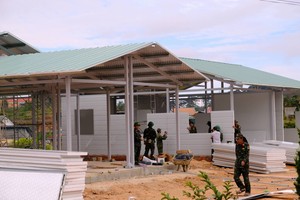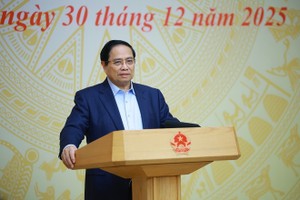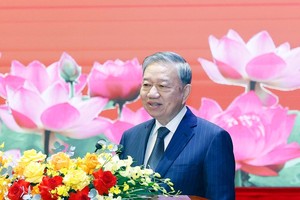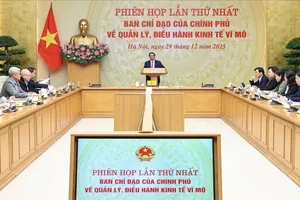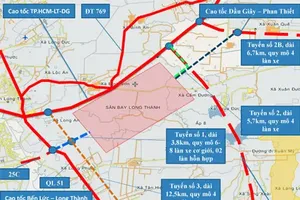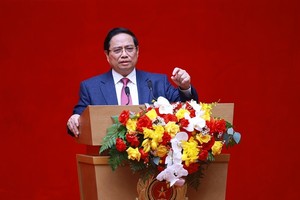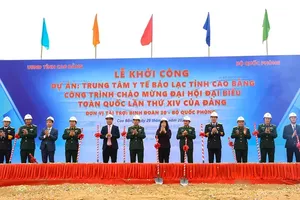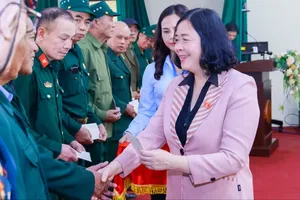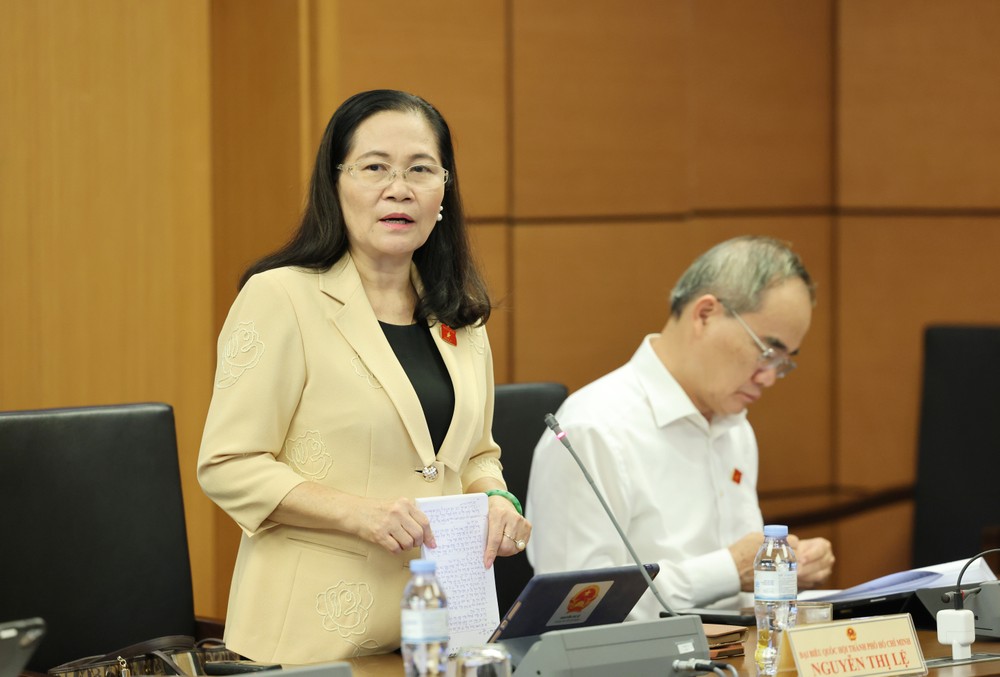
In continuing the working program of the 8th session yesterday afternoon, the National Assembly discussed in groups the draft Law on Public Investment (amended) and a number of other draft laws.
According to NA deputies , the amendments aim to foster decentralization and deputy powers from the central government to local authorities, embodying the principles of making decisions, taking actions, and assuming responsibilities at the local level.
The Central Government is instrumental in shaping and refining our institutions and policies. During group discussions, Deputy Nguyen Thi Le from Ho Chi Minh City emphasized that the Law on Public Investment serves as a vital instrument for driving the nation's socio-economic development.
Deputy Duong Ngoc Hai from Ho Chi Minh City has openly highlighted the flaws in the current law, noting that investment procedures remain overly complicated and involve excessive administrative steps, which ultimately delays the investment process. As a result, there was a consensus among deputies on the urgent need for amendments to the Law on Public Investment.
The deputies expressed that the amendment to the law should focus on fostering administrative reform and enhancing the investment and business climate. Deputy Nguyen Anh Tuan from Bac Ninh Province emphasized the importance of empowering provincial People's Committees to determine investment policies for inter-regional strategic infrastructure projects, particularly for localities that have achieved budget balance and are under the regulation of the Central Government.
He also highlighted the necessity for district People's Committees to engage in investments for projects spanning 2 to 3 districts. In relation to the decentralization of authority concerning investment policies for Group B and Group C projects overseen by localities, deputy Van Thi Bach Tuyet from Ho Chi Minh City expressed her disagreement. The deputies advocated for the retention of the existing regulation that mandates People's Councils at all levels to make decisions, rather than delegating this responsibility to the People's Committees for Group B and Group C projects.
In addressing the matters of publicity and transparency in public investment, delegate Nguyen Thi Le from Ho Chi Minh City advocated for the introduction of regulations that mandate the disclosure of the implementation progress, disbursement status, and capital efficiency of each project. Such transparency is essential for enabling both the public and authorities to monitor and oversee project advancements, thereby mitigating the risks of loss and waste.
Further discussing the separation of compensation, support, and resettlement projects from construction investment projects, delegate Van Thi Bach Tuyet from Ho Chi Minh City emphasized that this approach would enhance initiative in project execution, facilitate the creation of clean land funds for investment and development auctions, and help prevent wastefulness. Concerning the management and utilization of public assets, delegate Tran Hoang Ngan from Ho Chi Minh City pointed out the significant waste associated with public assets. He noted that even public agencies and entities seeking to utilize these assets face cumbersome and time-consuming procedures.
Consequently, the delegates proposed a bold decentralization of authority to the Chairman of the People's Committee at the district level. For instance, in Ho Chi Minh City, if all asset-related matters are required to be submitted to the Chairman of the People's Committee or the People's Council for approval, it results in excessive delays and burdens. Regarding the headquarters of public houses and lands belonging to central agencies situated within the locality, the delegates suggested that if these assets are no longer needed by the central agencies, they should be returned to local management.
Such regulations would enhance the effective management and utilization of public assets, thereby reducing waste. However, the delegates emphasized the necessity of establishing a specific timeline for the transfer of public assets to local management, rather than merely postponing the transfer from one year to the next, which would only prolong the process and lead to further waste.

